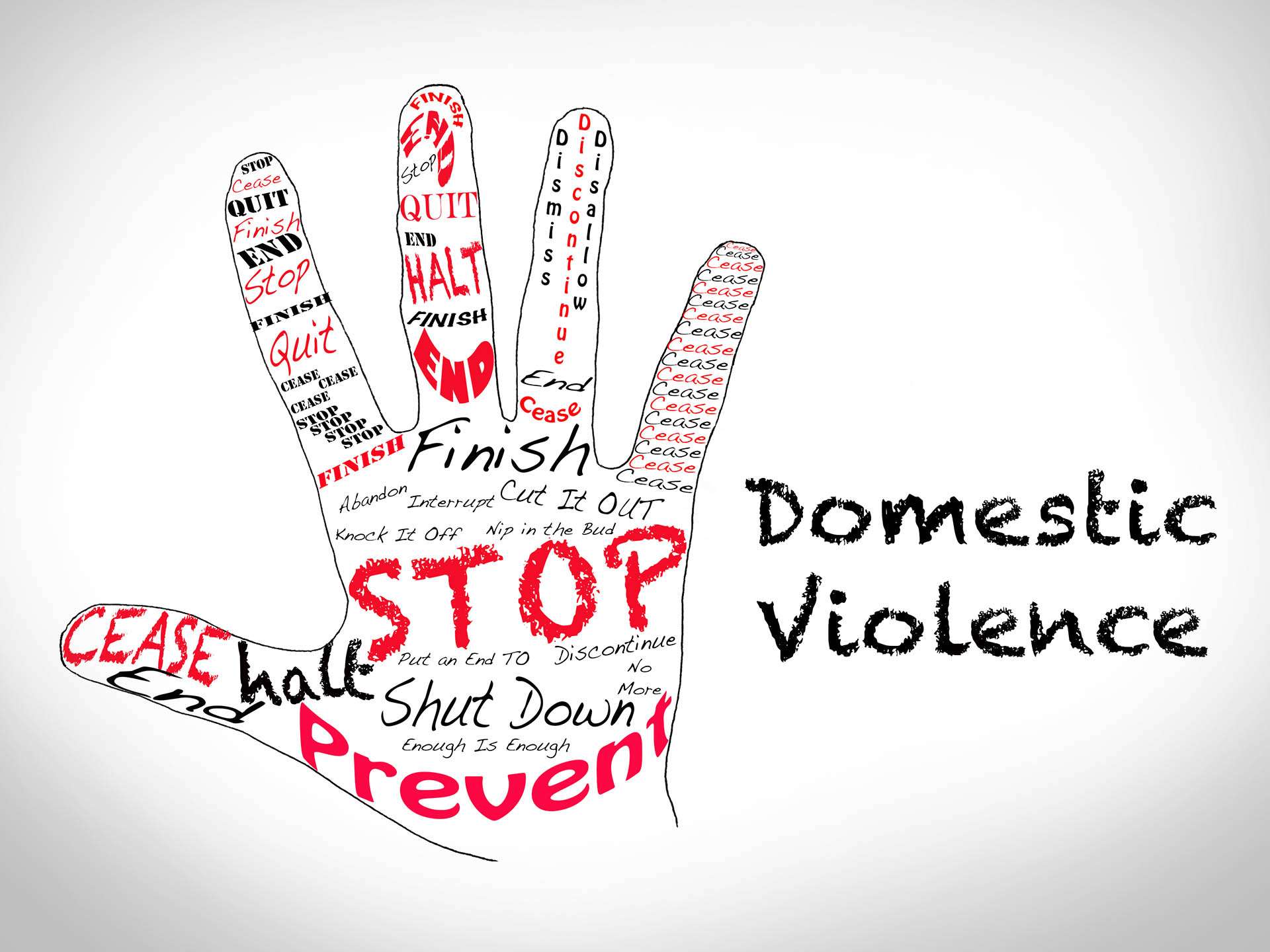Many a times, victims of domestic violence find it hard to express the suffering they are undergoing in light of the fact that they would have to reveal that it’s being done by someone who they are extremely close to. For this reason, the onus of creating a space where your friend can come forward and reveal the situation lies with you.
The prime symptom of domestic violence is the loss of the persona of the individual. Often, the victim feels irritated and gets agitated easily on being questioned about the behavior. If you find bruises on your friend and they find it hard to explain its presence or just avoid the question, then it is time to compassionately bring forth your worries and talk about it. Your friend could experience fatigue and lack of interests in activities that motivated them before.
Communication is the starting point of resolving domestic violence. While it is critical to take action as soon as possible, it is also of utmost importance to make sure that your way of communicating about the issue does not leave your friend vulnerable and feeling humiliated. Many a times you might slip a phrase or say something which could leave your friend hurt and upset. Ensure that you thoughtfully decide the words which are to express your concern.
Roberta Smart, a counselor who deals with cases of domestic violence revealed that in one of the instances, the victim took over 6 weeks to be able to even speak about what was going on. However, once she began, it felt as though a volcano of suffering had been pulsating within her and she was searching desperately for help.
Accept that it might take time for your friend to talk about the situation, and in your efforts to get her/him to talk, don’t impose your ideas. This might be counter-productive. It is best to let your friend know that you are there for her/him and that they can approach you any time they want. As you pick up on the hints, let her/him know that you feel something is wrong and want to stay around. Maybe, call her/him over to your place sometime and talk privately to provide a space of comfort.
Once your friend reveals that she/he is undergoing domestic violence, listen and let her/him tell you everything that is bothering her/him. She/he might hold silence for a while, however, do not assume this silence to be a concluding note to her/his suffering. Within a week of coming to know her/his situation, speak to someone you can trust and who can help her/him. If your friend is hesitant to converse, offer to communicate the situation beforehand to the person and then, let your friend participate. The most effective place to approach in these situations is domestic violence agencies that also have support groups and counseling sessions.
The process of rescuing and bringing your friend back to a healthy emotional state will be a long and challenging one. Be there for your friend – physically (driving her/him to court, helping with the legal processes, during events of meeting the abusers) and emotionally (on call, as a listener and comfort, to help with psychological problems). A victim of domestic violence will find it hard to trust and begin an intimate human relationship again – you could be a medium through which she/he begins to start being part of the world again.





























